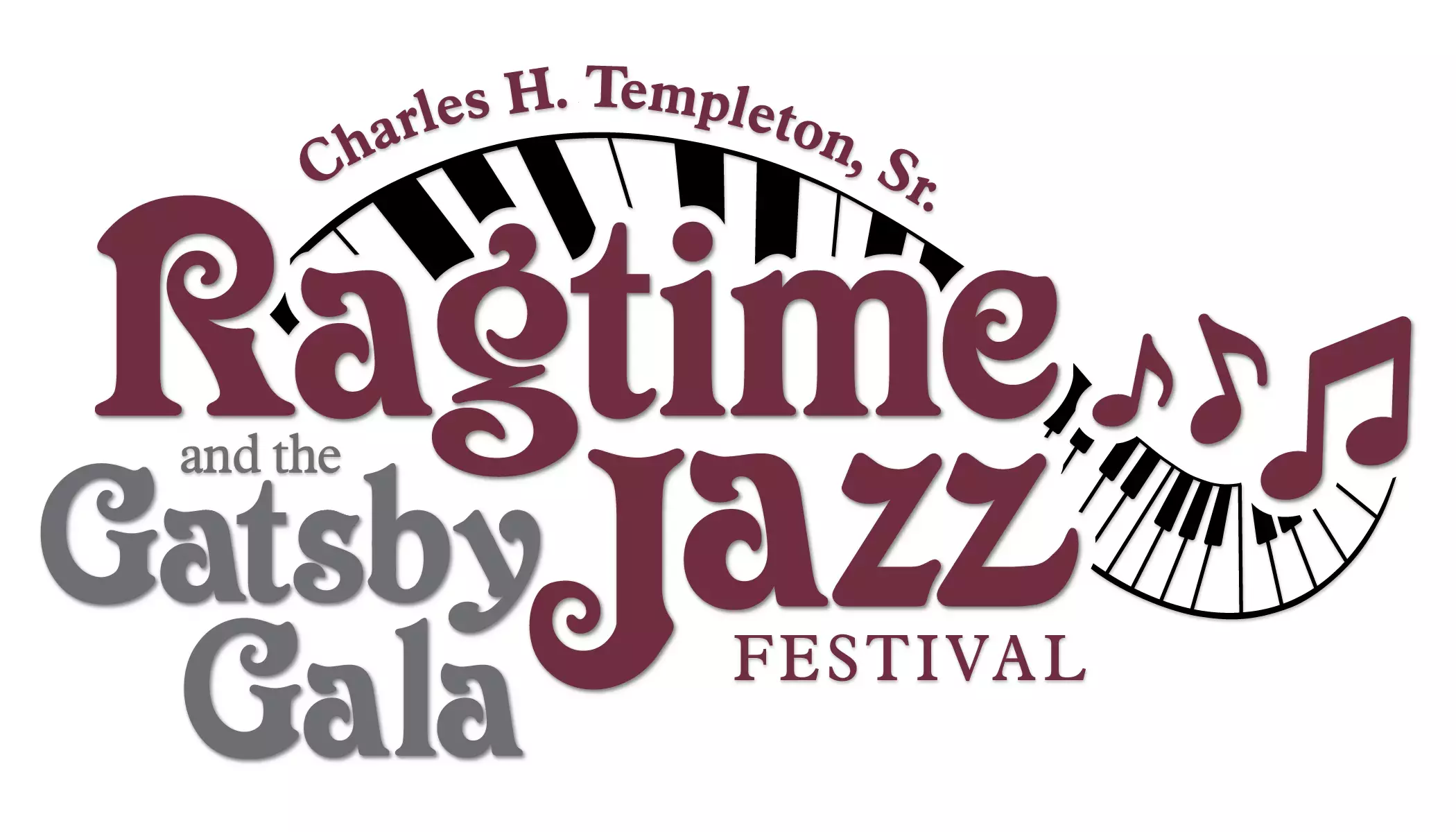The Business of Music Symposium
2023 (March 23)
9:15am
Welcome and Opening Remarks
Chip Templeton
9:30 - 10:15am
Ahead of Her Time: Lillian McMurry and the Trumpet Records Story
Greg Johnson, Blues Curator and Head of Archives and Special Collections, University of Mississippi
Wanting to produce the records that were being sold from her husband's furniture store on Jackson, Mississippi's Farish Street, Lillian McMurry founded and ran the small but extremely impactful Trumpet Records label. Her insight and tenacity made the first recordings of blues performers Sonny Boy Williamson II and Elmore James, rockabilly artists such as Lucky Joe Almond and Tex Dean, and black gospel groups like the Southern Sons Gospel Quartet and Argo Gospel Singers. This presentation will focus on Lillian McMurry as a businesswoman running a small independent record company that recorded black and white artists in segregated 1950s Mississippi. Even today, in 2023, women are underrepresented at the ownership and producer levels of the recording industry. The presentation will draw upon company business records donated by McMurry to the University of Mississippi's Blues Archive.
10:30 - 11:15am
Keynote - Constructing a Music Business: Notes from a Tenured Pop Critic
Dr. Eric Weisbard, Professor of American Studies, University of Alabama
Music, as far back as garishly illustrated sheet music, offered a topsy turvy way of doing business; pop's first historian, conflating noise and illegitimate enterprise, called it a "racket." But there was gold to be found in Tin Pan Alley, artistry, and lore. This talk will survey the ways that writers have evaluated the selling of sounds from ragtime to the present, emphasizing how identity and taste impacted, in different eras, the shaping of Top 40 novelties and catalog standards.
11:30am - 1:00pm
Lunch
1:00 - 1:45pm
Jews, African-Americans and the Politics of Ragtime Music: A Case study of Irving Berlin and Scott Joplin
Dr. Ari Katorza, lecturer, Rimon School of Music
The original composers of Ragtime music came from the African-American community, and Scott Joplin was the most famous one. However, those who benefited most from Ragtime were American Jews, who dominate Tin Pan Alley, Broadway, and Hollywood. While Joplin's work defined Ragtime's aesthetic, Irving Berlin turned it into the future of the American pop song. Berlin became the king of ragtime, and enjoyed the Jewish networking at the Tin Pan Alley, while Joplin, in comparison, despite series of instrumental hits, found it much more difficult to establish his career. A case study of Irving Berlin and Scott Joplin reveals the contradictions and limitations of the Black-Jewish relations and offers a fresh view on the nature of the music business and the role on American minorities in this industry.
2:00 - 2:45pm
"Poor Feminine Claribel with Her Hundred Songs": Ballads and the Business of Sentiment in 1860s England
Whitney Thompson, MLIS student, Indiana University-Purdue University Indianapolis
The composer Claribel (AKA Charlotte Alington Barnard), although she's been somewhat forgotten, had an incredibly prolific and successful career in the 1860s as a writer of popular music, mostly "sentimental" or "drawing-room" ballads. This presentation explores the relationship between Claribel and her frequent collaborator, the singer Charlotte Sainton-Dolby -- because the historical record suggests that Claribel's music existed in, and in some ways even facilitated, an economic ecosystem powered mostly by women. Claribel's songs were largely about women, centering their emotions and choices, hence the press's condemnations of her sentimentality.
3:00 - 3:45pm
"Lest We Forget": Exploring the Life and Legacy of Maceo Pinkard
Alan Munshower, Digital Collections Archivist at Virginia Tech Special Collections and University Archives
This paper focuses on the life of Maceo Pinkard (1897-1962), a prolific early jazz composer, exemplified by the presence of a dozen examples of his compositions in the Charles H. Templeton, Sr. "Business of Music" Collection. While there is little in the jazz history corpus regarding Pinkard, he nevertheless has left an indelible stamp, particularly with the standards "Sweet Georgia Brown", and "Them There Eyes". Born in Bluefield, West Virginia, Pinkard eventually made his way to New York, and worked with many of the biggest names in the business. He is even credited with getting Duke Ellington his first studio date. An exhaustive catalog of Pinkard's works comprises much of the existing literature. As such, this paper focuses on the character of the man and the relationships that framed Pinkard's professional life, adding new details of Pinkard's life to the existing small historical record, which is unrepresentative of his sizable contribution to songcraft and the business of music. This paper also seeks to understand the legacy of his identity as a Black Appalachian and still-revered local hero in his native Bluefield, West Virginia.

